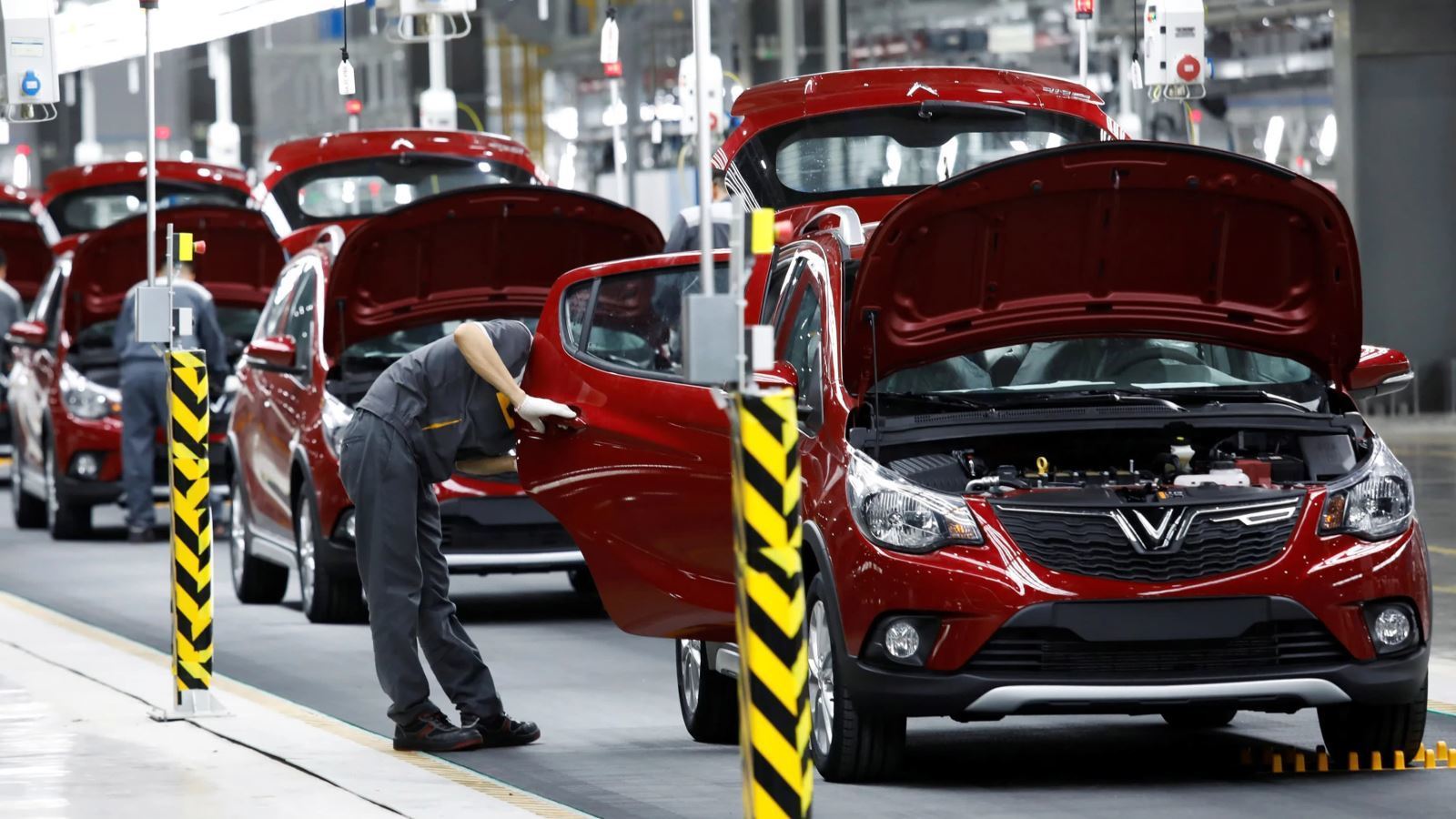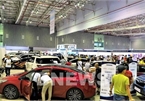The Vietnam Automobile Manufacturers' Association (VAMA) reported that its member companies sold 24,065 cars last July, a very slight increase of 0.3 percent compared with the month before and a decrease of 13 percent compared with the same period last year.

Meanwhile, the domestically assembled car output increased by 2 percent over June.
In the last seven months of the year, VAMA’s member companies sold 131,248 products, a decrease of 28 percent compared with the same period last year. The sales of domestically assembled cars dropped by 22 percent.
In an effort to stimulate demand, the government has agreed to slash the vehicle registration tax by 50 percent, applied to domestically made products to be registered from June 28 to the end of 2020. Auomobile manufacturers and sale agents are also offering discounts and additional preferences.
However, despite the big preferences, the sales of domestically made products have not increased as expected. Some car models have even seen a sales plunge. Honda Vietnam’s City model, for instance, saw a sharp fall of 74 percent in sales.
| In an effort to stimulate demand, the government has agreed to slash the vehicle registration tax by 50 percent, applied to domestically made products to be registered from June 28 to the end of 2020. |
Automobile manufacturers noted that the demand is very weak because of Covid-19.
VAMA reported that the inventory level has increased by 129 percent compared with the same period last year.
Nguyen Trung Hieu from VAMA said automobile manufacturers are maintaining production while listening to the news so as to adjust their production and business plan. The automobile plants and sales agents in the central region have suffered most from the pandemic.
To help automobile manufacturers have better cash flow, the government has decided to extend the luxury tax payment deadline. The decree on this issue is still under compilation.
It is expected that automobile manufacturers would enjoy luxury tax payment delay for the tax periods of March, April, May and June 2020. The payment extension would be five months.
According to Hieu, in general, enterprises pay tax one month after the sale. For example, they sell cars in March and pay luxury tax in April. And now they are paying tax for the cars sold in July.
As there has been no concrete guideline on the implementation of the policy, they still cannot enjoy the tax payment delay.
The government has also promulgated the Decree 57 on the imposition of the zero percent import tariff on materials and car parts which cannot be made domestically and are used to make supporting industry products in the automobile industry.
However, many car part manufacturing companies cannot satisfy the requirements to enjoy the incentive.
Tran Thuy

Local automobile manufacturers look forward to big preferences
What should automobile manufacturers do – import cars for domestic sale or assemble cars domestically? They prefer the second solution, though the first brings higher profit.

Vietnam's automobile market sees 62 percent surge after social distancing
The sales of automobile surged 62 percent month-on-month in May following the end of social distancing measures, according to the Vietnam Automobile Manufacturers’ Association (VAMA).